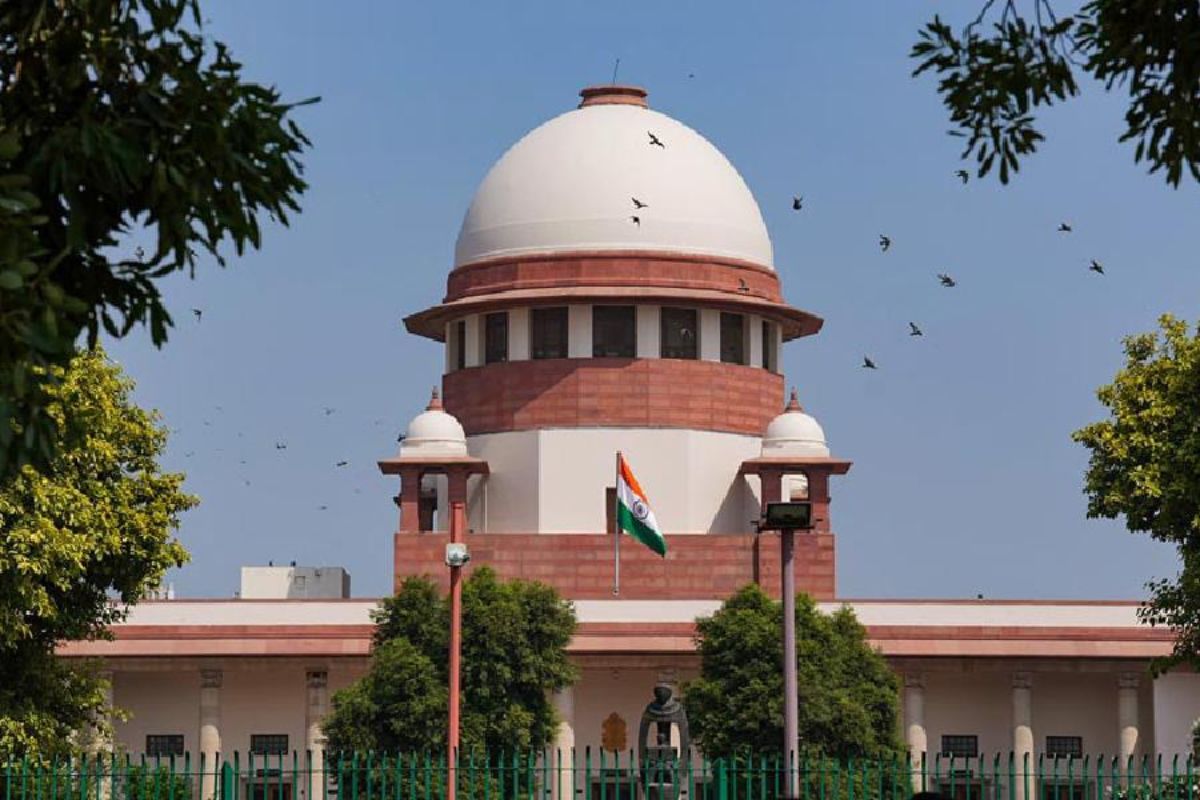The Supreme Court said here on Wednesday that if the principles of laws are not applied correctly, the criminal justice system can itself become a punishment.
The court made the observation while acquitting a person convicted on the charge of abetment of suicide by his wife way back in 1993.
Advertisement
Holding that the “criminal justice system of ours can itself be a punishment” in the absence of the application of the “correct principles of law to the evidence on record on the subject of abetment of suicide”, a bench of Justice J B Pardiwala and Justice Manoj Misra in an order passed on February 22, 2024, said, “It is exactly what has happened in this case. It did not take more than 10 minutes for this Court to reach an inevitable conclusion that the conviction of the appellant for the offence punishable under Section 306 of the IPC is not sustainable in law.”
Setting aside the September 3, 2008 Punjab and Haryana High Court judgment affirming the conviction of one, Naresh Kumar, by the trial court allegedly for abetting the suicide by his wife, the bench, in its order, acquitting convict Naresh Kumar said, “The ordeal for the appellant (Naresh Kumar) started some time in 1993 and is coming to the end in 2024, i.e. almost after a period of 30 years of suffering.”
Stating that “We are also mindful of the fact that a young woman died leaving behind her 6-month-old infant”, the bench said, “No crime should go unpunished. But at the same time, the guilt of the accused has to be determined in accordance with law. To put it in other words, the guilt of the accused has to be determined on the basis of legal evidence on record.”
In a poser, the bench asked the question, on “what and where” did the two courts (the High Court and the trial court) falter?
Addressing the question, the bench, in its order, said, “In our opinion, the two courts faltered as they failed to apply the correct principles of law to the evidence on record on the subject of abetment of suicide.”
The order said that the two courts got enamoured by just three things – the deceased committed suicide within seven years of marriage; the accused was demanding money from the parents of the deceased for starting some business, and the deceased used to remain tense.
Stating that all three aspects are relevant, the court said that in the case of an accusation for abetment of suicide, the court should look for “cogent and convincing proof” of the act of incitement to the commission of suicide and such an offending action should be proximate to the time of occurrence.
Noting that the appreciation of evidence in criminal matters is a “tough task” and when it comes to appreciating the evidence in cases of abetment of suicide punishable under Section 306 of the IPC, it is “more arduous”, the court in its order said, “The court must remain very careful and vigilant in applying the correct principles of law governing the subject of abetment of suicide while appreciating the evidence on record. Otherwise, it may give an impression that the conviction is not legal but rather moral.”
Referring to the provision of law where the cognizance is taken on the death of a wife within seven years of her marriage, the order said, “This Court has held that from the mere fact of suicide within seven years of marriage, one should not jump to the conclusion of abetment unless cruelty was proved. The court has the discretion to raise or not to raise the presumption, because of the words ‘may presume’. It must take into account all the circumstances of the case which is an additional safeguard.”
In the instant case, one Naresh Kumar married Rani on May 10, 1992. In the wedlock with Naresh Kumar, Rani gave birth to a girl child. Rani committed suicide On November 19, 1993,. The allegation was that initially Naresh Kumar demanded Rs. 50,000/- to start a business that was given to him by Rani’s parents but the business of a grocery shop did not succeed. Thereafter Naresh again demanded another Rs. 20,000/- but before that demand could have been fulfilled Rani committee seduced as she was tense.
The Supreme Court had earlier released Naresh Kumar on bail on May 13, 2009. The order said, “. Since the appeal is being allowed and the convict is being acquitted, the bail bond(s) furnished then shall also stand discharged”.











